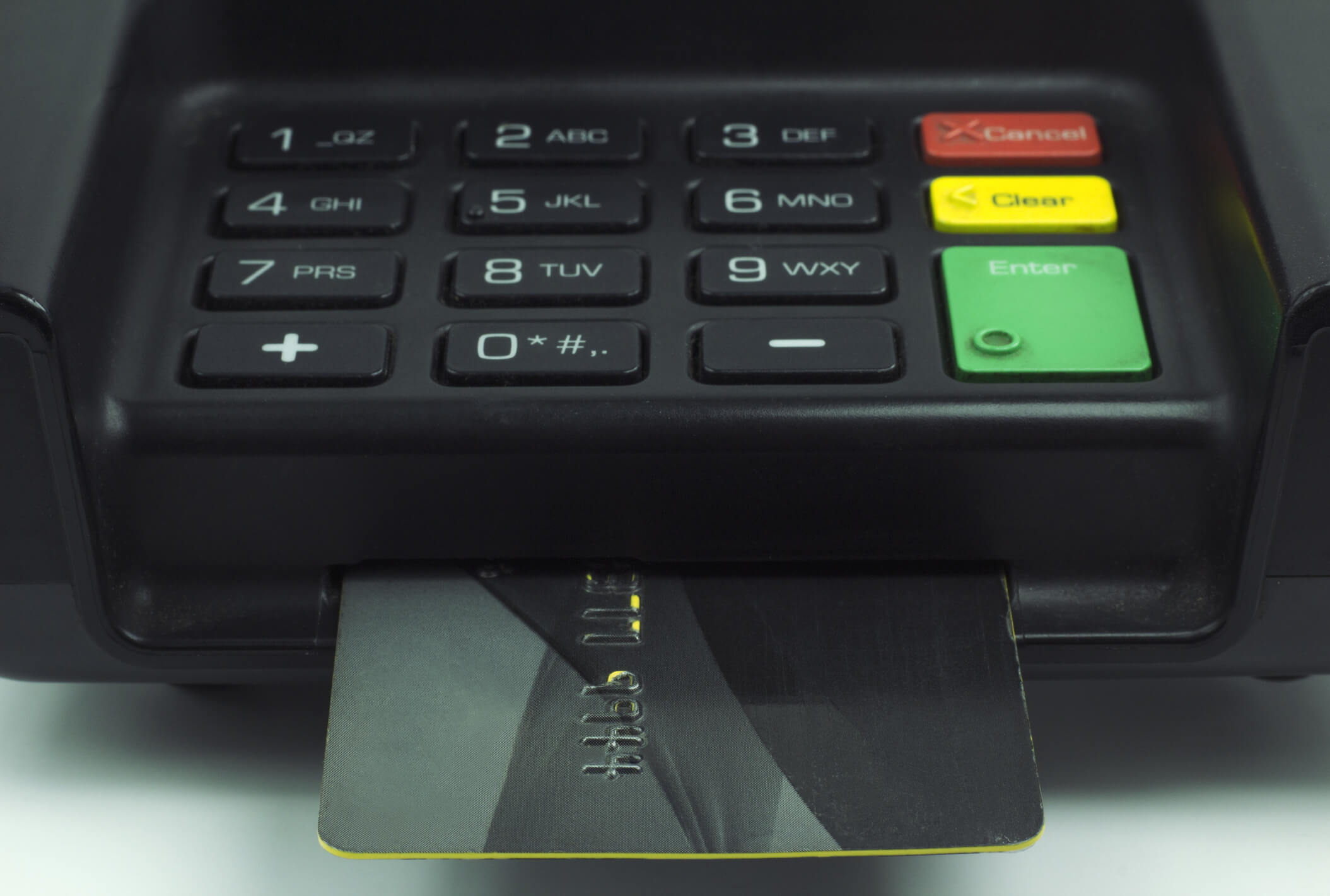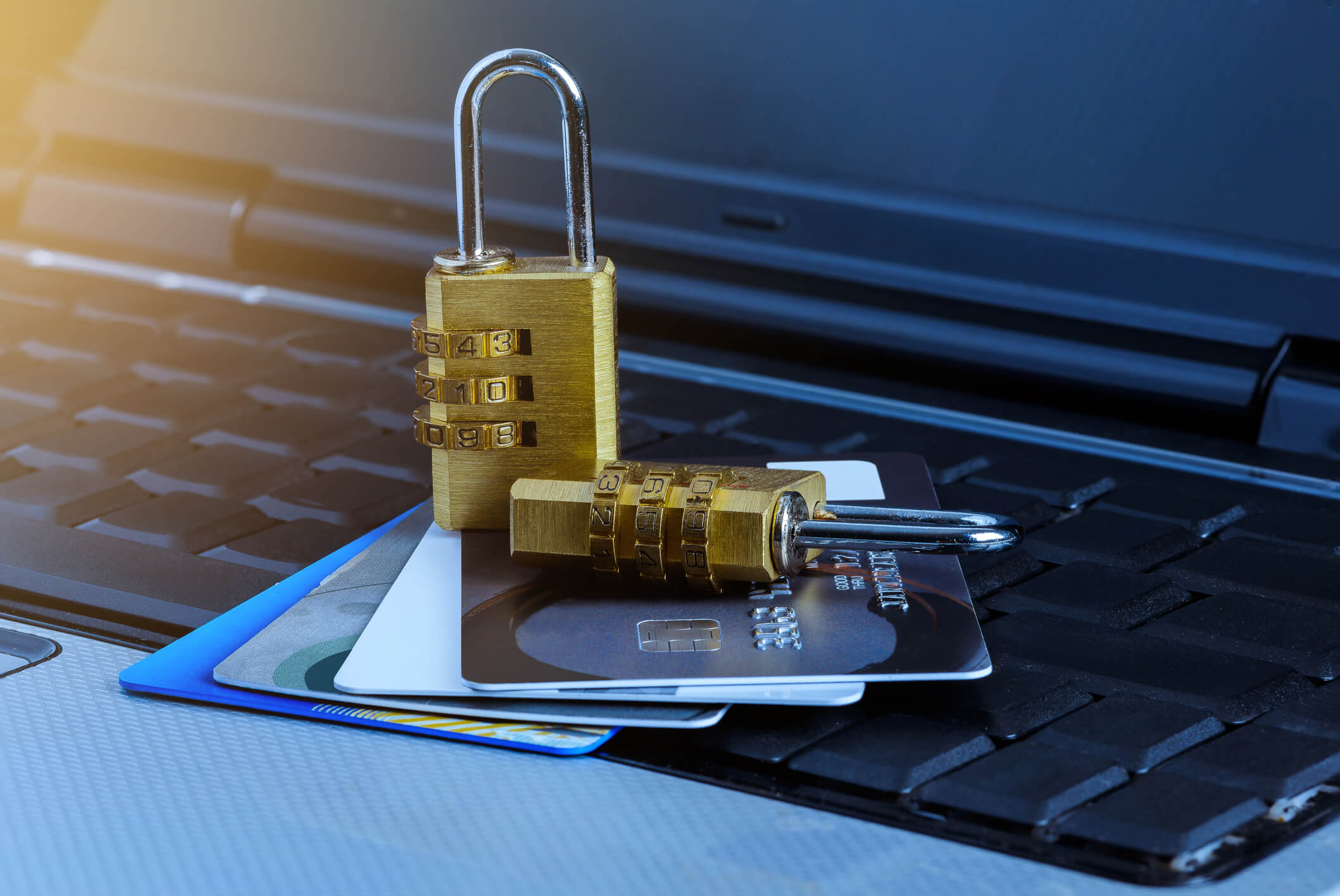
By alphacardprocess April 2, 2024
The construction industry, with its unique business model and payment processing needs, faces specific challenges and opportunities in adopting EMV (Europay, MasterCard, and Visa) technology. With the rise in electronic payments, it is crucial for construction businesses to adopt secure and efficient payment processing systems. One such technology that has gained significant popularity is EMV credit card machines. In this comprehensive guide, we will explore the world of EMV credit card machines and how they can benefit construction businesses.
Understanding EMV Technology: What is EMV and How Does it Work?

EMV, which stands for Europay, Mastercard, and Visa, is a global standard for secure payment transactions. It was developed to combat the increasing instances of credit card fraud and provide a more secure payment method. Unlike traditional magnetic stripe cards, EMV cards contain a microchip that stores encrypted data, making it extremely difficult for fraudsters to clone or counterfeit the card.
When a customer inserts an EMV card into a compatible credit card machine, the microchip generates a unique transaction code for that specific purchase. This code, along with other transaction details, is then sent to the payment processor for verification. The transaction code cannot be reused, making it virtually impossible for fraudsters to replicate the transaction.
Benefits of EMV Credit Card Machines for Construction Businesses
EMV credit card machines offer several benefits for construction businesses, enhancing their operations in various ways:
- Enhanced Security: The primary advantage of using EMV credit card machines is the enhanced security they offer. By accepting EMV payments, construction businesses can significantly reduce the risk of fraudulent transactions and protect their customers’ sensitive payment information.
- Liability Shift: Another significant benefit of adopting EMV technology is the liability shift. Prior to the introduction of EMV, if a fraudulent transaction occurred using a counterfeit card, the liability would typically fall on the card issuer or payment processor. However, with the implementation of EMV, the liability now shifts to the party with the least secure technology. This means that if a construction business does not have an EMV credit card machine and a fraudulent transaction occurs, they may be held responsible for the financial loss.
- Customer Trust and Satisfaction: By accepting EMV payments, construction businesses can instill a sense of trust and confidence in their customers. EMV technology is widely recognized as a secure payment method, and customers are more likely to choose businesses that prioritize their security.
- Faster Checkout Process: EMV credit card machines are designed to process transactions quickly and efficiently. With the ability to read the microchip on the card, EMV machines eliminate the need for manual entry of card details, reducing the risk of errors and speeding up the checkout process.
Choosing the Right EMV Credit Card Machine for Your Construction Business
When selecting an EMV credit card machine for your construction business, it is essential to consider several factors to ensure you choose the right one for your specific needs. Here are some key considerations:
- Compatibility: Ensure that the EMV credit card machine you choose is compatible with your existing point-of-sale (POS) system or payment processor. Compatibility issues can lead to operational inefficiencies and delays in processing payments.
- Connectivity Options: Evaluate the connectivity options offered by the EMV credit card machine. Some machines support both wired and wireless connections, allowing you to choose the option that best suits your construction business’s requirements.
- Features and Functionality: Consider the features and functionality offered by the EMV credit card machine. Look for features such as touchscreens, receipt printing capabilities, and compatibility with contactless payment methods like Apple Pay and Google Pay.
- Cost: Evaluate the upfront cost, ongoing fees, and transaction charges associated with the EMV credit card machine. Compare different options to find the one that offers the best value for your construction business.
Setting Up and Installing an EMV Credit Card Machine for Construction Businesses
Setting up and installing an EMV credit card machine for your construction business is a relatively straightforward process. Here are the steps involved:
- Choose a Payment Processor: Before setting up an EMV credit card machine, you need to select a payment processor that supports EMV transactions. Research different payment processors and choose one that aligns with your business requirements.
- Purchase an EMV Credit Card Machine: Once you have selected a payment processor, purchase an EMV credit card machine that is compatible with their system. Ensure that the machine meets all the necessary security and compliance standards.
- Connect the Machine: Connect the EMV credit card machine to your POS system or payment processor using the provided cables or wireless connectivity options. Follow the manufacturer’s instructions for proper installation.
- Test the Machine: Before accepting live transactions, it is crucial to test the EMV credit card machine to ensure it is functioning correctly. Process a few test transactions to verify that the machine is reading the EMV cards accurately and transmitting the transaction data securely.
EMV Compliance and Security Measures for Construction Businesses

EMV compliance is a critical aspect for construction businesses that accept credit card payments. Compliance ensures that your business meets the necessary security standards and protects both your customers and your business from potential fraud. Here are some key security measures and compliance requirements for construction businesses:
- EMV Certification: Ensure that your chosen EMV credit card machine is EMV certified. EMV certification guarantees that the machine meets the necessary security standards and can process EMV transactions securely.
- PCI DSS Compliance: The Payment Card Industry Data Security Standard (PCI DSS) is a set of security standards that all businesses accepting credit card payments must adhere to. Construction businesses should ensure that their payment processing systems, including EMV credit card machines, are PCI DSS compliant.
- Point-to-Point Encryption (P2PE): Implementing point-to-point encryption is an additional security measure that construction businesses can take to protect sensitive payment data. P2PE encrypts the cardholder’s data from the moment it is entered into the EMV credit card machine until it reaches the payment processor, making it virtually impossible for hackers to intercept and decipher the data.
- Regular Software Updates: Stay up to date with the latest software updates for your EMV credit card machine. Software updates often include security patches and enhancements that protect against emerging threats and vulnerabilities.
Accepting EMV Payments: Step-by-Step Guide for Construction Businesses
Accepting EMV payments in your construction business involves a few simple steps. Here is a step-by-step guide to help you navigate the process:
- Customer Presents an EMV Card: When a customer is ready to make a payment, they will insert their EMV card into the designated slot on the EMV credit card machine.
- Card Authentication: The EMV credit card machine will read the microchip on the card and authenticate its validity. The machine will also prompt the customer to enter their PIN if required.
- Transaction Processing: Once the card is authenticated, the EMV credit card machine will generate a unique transaction code for that specific purchase. The machine will then transmit the transaction details, including the code, to the payment processor for verification.
- Payment Authorization: The payment processor will receive the transaction details and verify the authenticity of the transaction code. If the transaction is approved, the payment processor will send an authorization message back to the EMV credit card machine.
- Customer Completes the Transaction: Upon receiving the authorization message, the EMV credit card machine will display a confirmation message to the customer, indicating that the transaction was successful. The customer can then remove their card from the machine.
Troubleshooting Common Issues with EMV Credit Card Machines in Construction Businesses
While EMV credit card machines are designed to be reliable and secure, occasional issues may arise. Here are some common issues that construction businesses may encounter with their EMV credit card machines and how to troubleshoot them:
- Card Not Reading: If the EMV credit card machine is unable to read the card, ensure that the card is inserted correctly into the designated slot. If the issue persists, try cleaning the card reader with a soft cloth to remove any dirt or debris that may be obstructing the card’s contact with the machine.
- Slow Transaction Processing: Slow transaction processing can be caused by various factors, including a poor internet connection or outdated software. Ensure that your EMV credit card machine is connected to a stable and reliable internet connection. Additionally, check for any available software updates for your machine and install them if necessary.
- Declined Transactions: If a transaction is declined, it could be due to insufficient funds, an expired card, or a technical issue with the payment processor. Instruct the customer to check their card details and try again. If the issue persists, contact your payment processor for further assistance.
- Error Messages: Error messages on the EMV credit card machine can indicate various issues, such as connectivity problems or software errors. Refer to the machine’s user manual or contact the manufacturer’s customer support for guidance on resolving specific error messages.
Frequently Asked Questions
Q1. Are EMV credit card machines mandatory for construction businesses?
A1. While EMV credit card machines are not mandatory for construction businesses, they are highly recommended due to the enhanced security they offer and the liability shift associated with EMV transactions.
Q2. Can I still accept magnetic stripe cards with an EMV credit card machine?
A2. Yes, most EMV credit card machines are designed to accept both EMV cards and traditional magnetic stripe cards. However, it is important to note that processing EMV transactions provides an added layer of security.
Q3. How long does it take to set up and install an EMV credit card machine?
A3. The setup and installation process for an EMV credit card machine can vary depending on the specific machine and your existing POS system or payment processor. However, with proper planning and following the manufacturer’s instructions, the process can typically be completed within a few hours.
Q4. Can I use an EMV credit card machine for mobile payments?
A4. Yes, many EMV credit card machines support mobile payment methods such as Apple Pay and Google Pay. These machines have built-in NFC (Near Field Communication) capabilities, allowing customers to make contactless payments using their mobile devices.
Conclusion
As the construction industry continues to embrace digital transformation, the adoption of EMV credit card machines is expected to increase. The enhanced security, liability shift, and customer trust associated with EMV technology make it an ideal payment solution for construction businesses. By choosing the right EMV credit card machine, setting it up correctly, and implementing necessary security measures, construction businesses can streamline their payment processes, protect against fraud, and provide a seamless and secure payment experience for their customers. As technology continues to evolve, it is crucial for construction businesses to stay updated with the latest advancements in EMV technology to ensure they remain at the forefront of secure payment processing in the industry.